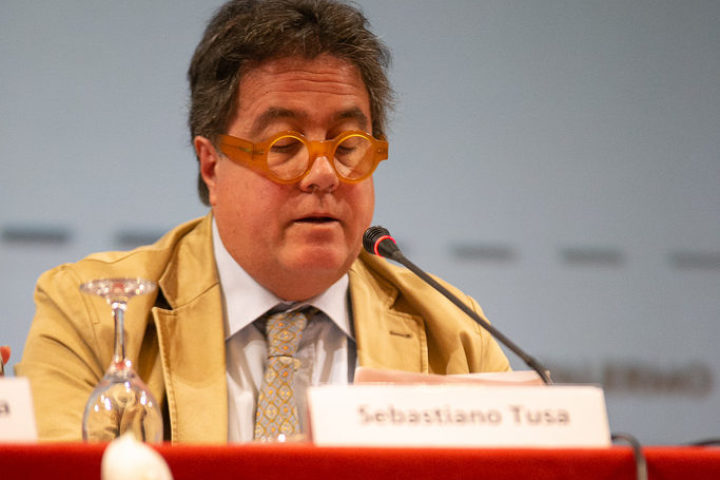It is with a heavy heart that the International Council of Museums (ICOM) mourns the death of one its members: the Italian archaeologist Sebastiano Tusa lost his life in the tragedy of Ethiopian Airlines Flight 302.
Tusa, a member of ICOM Italy and Councillor for Cultural Heritage for the Region of Sicily, was a passionate professional, profoundly convinced of the importance of protecting cultural heritage and sharing it with the world. His contributions to the field constitute a legacy that will not be forgotten.
We send our deepest condolences to his family and friends and thank our network for the messages honouring his memory, sent in the past few days.
ICOM Italy’s statement
A dear friend has left us: Sebastiano Tusa, archaeologist, Councillor for Cultural Heritage for the Sicily Region.
ICOM Italy expresses its sincere condolences to Valeria and the family for the unexpected loss of Sebastiano Tusa and recalls his commitment as an archaeologist, passionate and tireless, who has given so much to the research and promotion of cultural heritage.
A deep knowledge of antiquity, with vast interests that ranged from prehistory and underwater archaeology to studies in orientalism, he always faced his field with intellectual competence and vivacity and with particular attention to the aspects of communication and divulgation, convinced of strength of dialogue and of sharing the results of research. With Sicily as his rock but with a mind as open as the sea, he believed in the beauty and richness of his land, but with a broad and never provincial look that led him to build over time initiatives and circuits of international exchanges and reflections in which Sicily has been able to play an authoritative role in its specificity.
He left us suddenly during a trip to Africa, reminding us how fragile and unpredictable our life is. In a recent interview he had perhaps expressed the meaning of his work: “behind everything there is an arch, a principle that founds reality and that must be investigated with expertise if we want to understand the dynamics of the present”.
